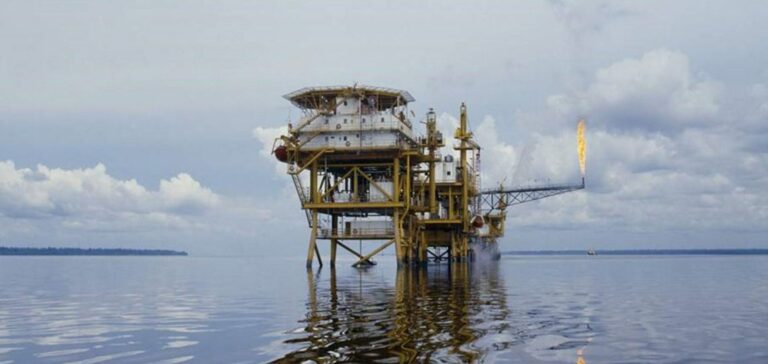Indonesia could face a natural gas shortage as early as 2033 if new fields are not developed, according to a study published by energy consultancy Wood Mackenzie. As Southeast Asia’s largest gas market, the country is struggling with declining domestic production despite ambitious targets set for the end of the decade.
The government aims to reach gas production of 12 billion cubic feet per day (bcfd) and 1 million barrels of oil per day by 2030. However, these targets are threatened by the gradual depletion of existing fields. Wood Mackenzie estimates that although total demand – including contracted exports – will remain stable at around 6 bcfd through 2035, a structural deficit could emerge in less than ten years without new developments.
Urgent investment needed to secure supply
The country still holds substantial untapped resources. Over 35 trillion cubic feet (tcf) of reserves have been identified in the Abadi, Geng North, Tangkulo and Layaran fields. Additionally, around 30 billion barrels of oil equivalent (bnboe) are estimated in the North and South Sumatra Basins and the Northeast Java Basin, according to the Indonesia Exploration Forum.
To unlock this potential, an investment of approximately $50 billion will be required, the consultancy estimates. “Developing new fields takes time and resources, particularly when they are located far from existing infrastructure,” said Andrew Harwood, Vice President Corporate Research at Wood Mackenzie. He noted that the economic and regulatory environment plays a decisive role in shortening the timeline to production.
Maintaining competitiveness in the gas sector
According to Wood Mackenzie, Indonesia must strengthen contract security, implement adaptive gas pricing mechanisms, and grant producers greater flexibility. This would help secure long-term offtake agreements while allowing operators to sell to other buyers if needed.
“Indonesia has the resources to meet domestic demand, but it must plan ahead,” said Joshua Ngu, Vice Chairman – Asia Pacific at Wood Mackenzie. He added that stable and attractive policies are essential to keep the country competitive on the international stage.
Balancing energy choices under economic pressure
Without new projects, Indonesia will have to rely more heavily on imports of liquefied natural gas (LNG), which are typically more expensive. The country may also be inclined to support coal-fired power, which is cheaper but more carbon-intensive. Nevertheless, gas remains a critical feedstock for domestic industry.
“The right incentives will allow Indonesia to preserve its position as a gas supplier while avoiding a domestic energy crisis,” concluded Aruna Mannie, Director Consulting at Wood Mackenzie.






















